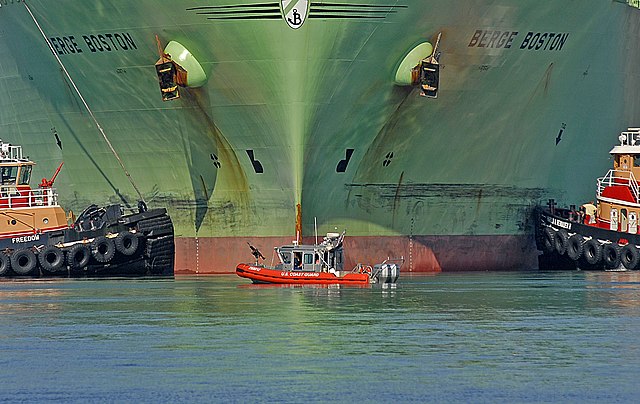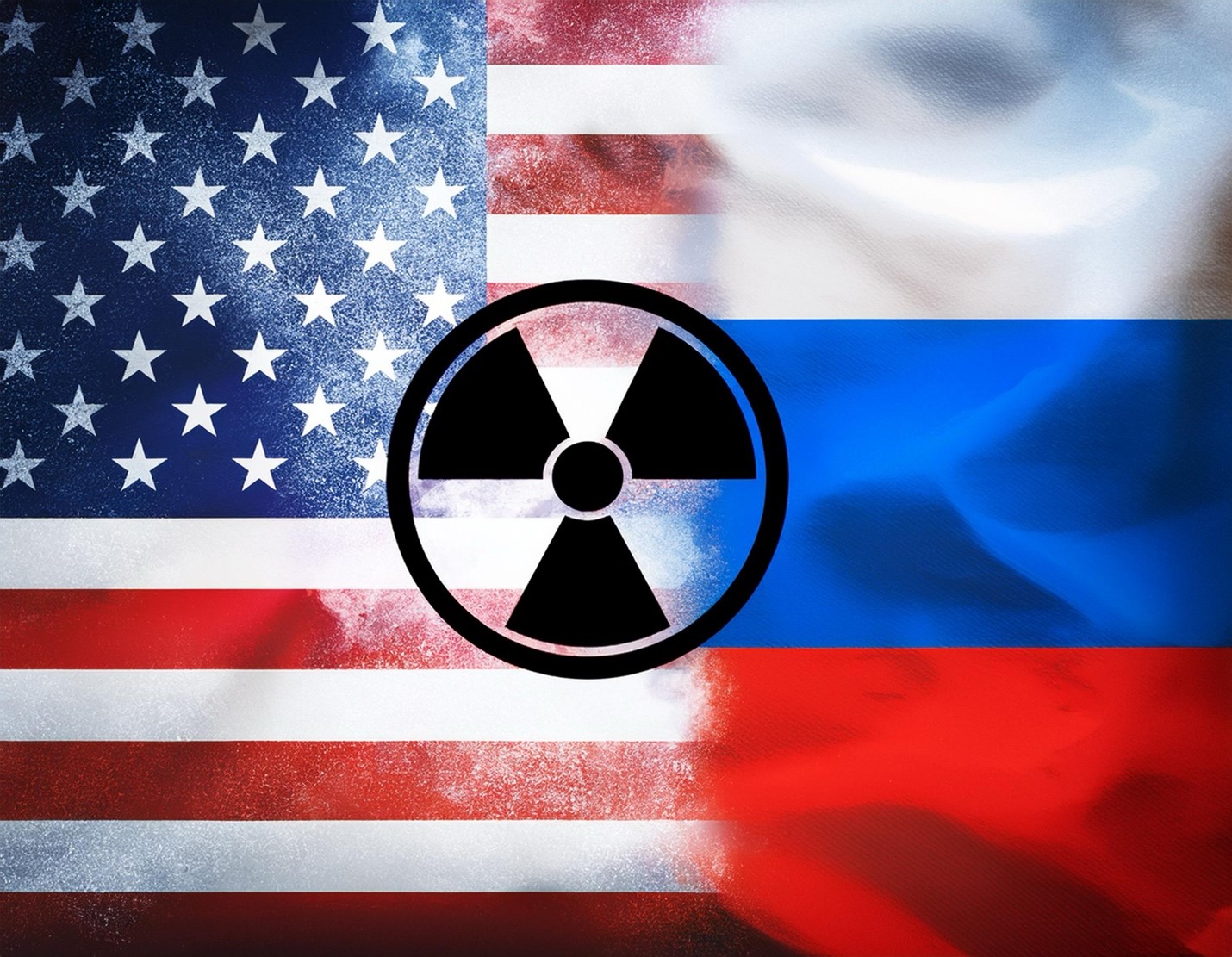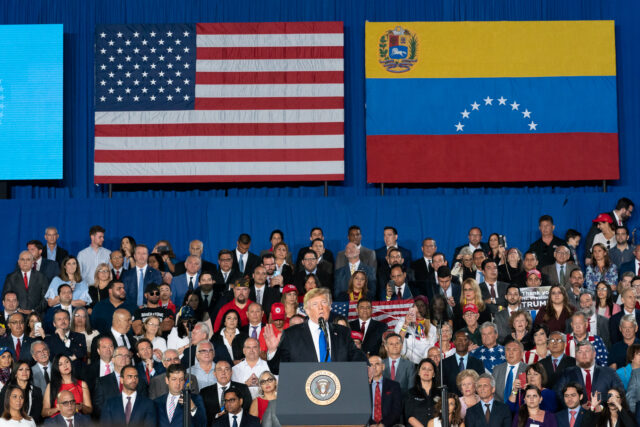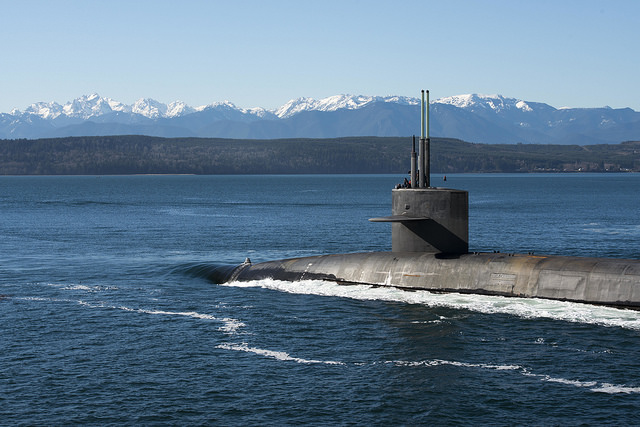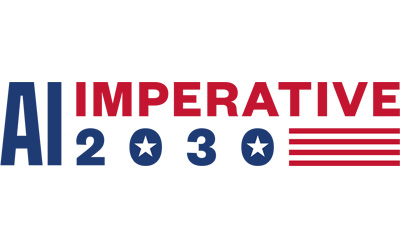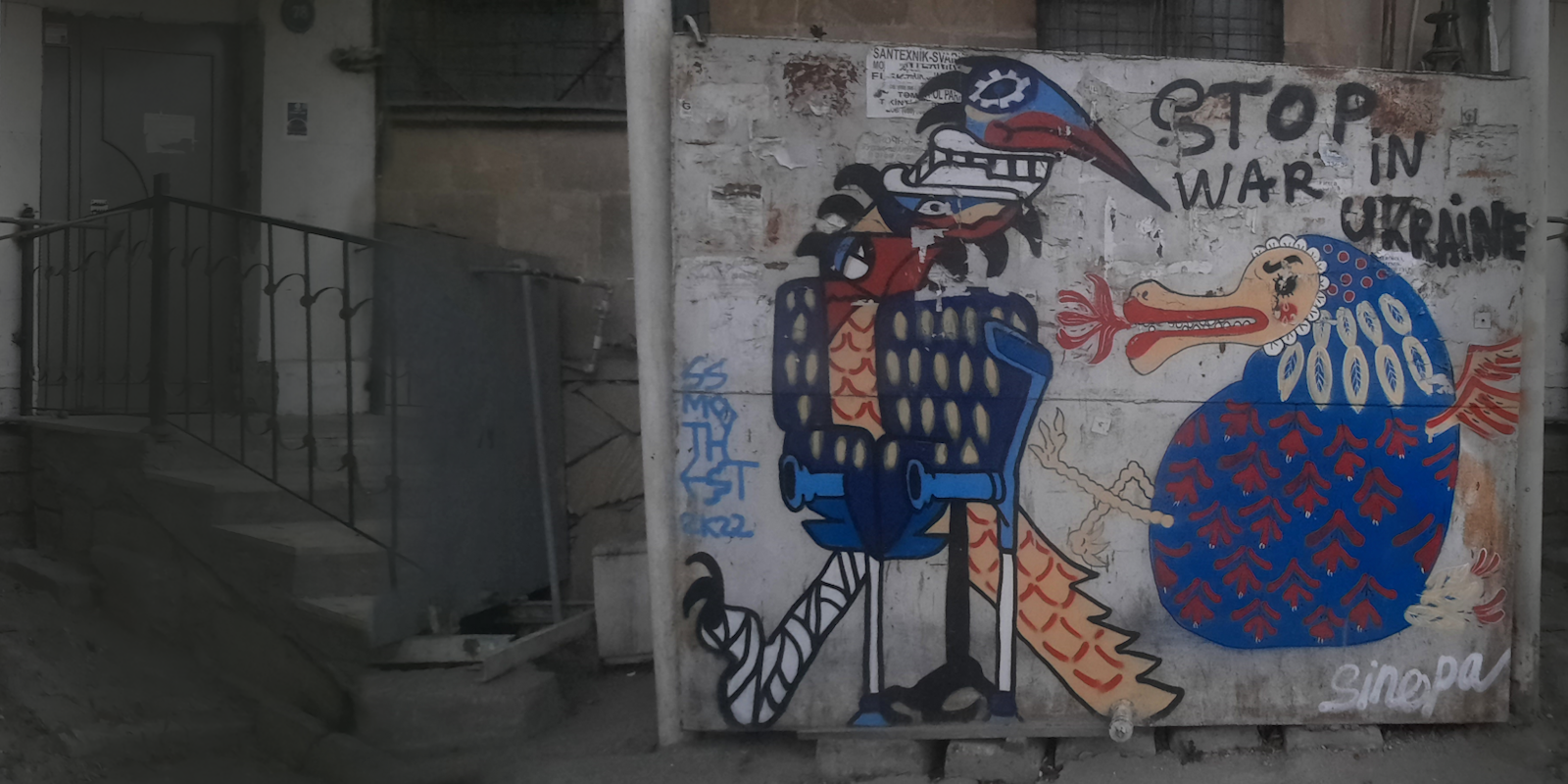
The Implications of Russia’s Decline in its “Near Abroad”
The war in Ukraine has weakened Russia’s ability to stabilize ethnic and political tensions in the Caucuses and Central Asia. Its failure puts U.S. strategic interests in the region at risk.
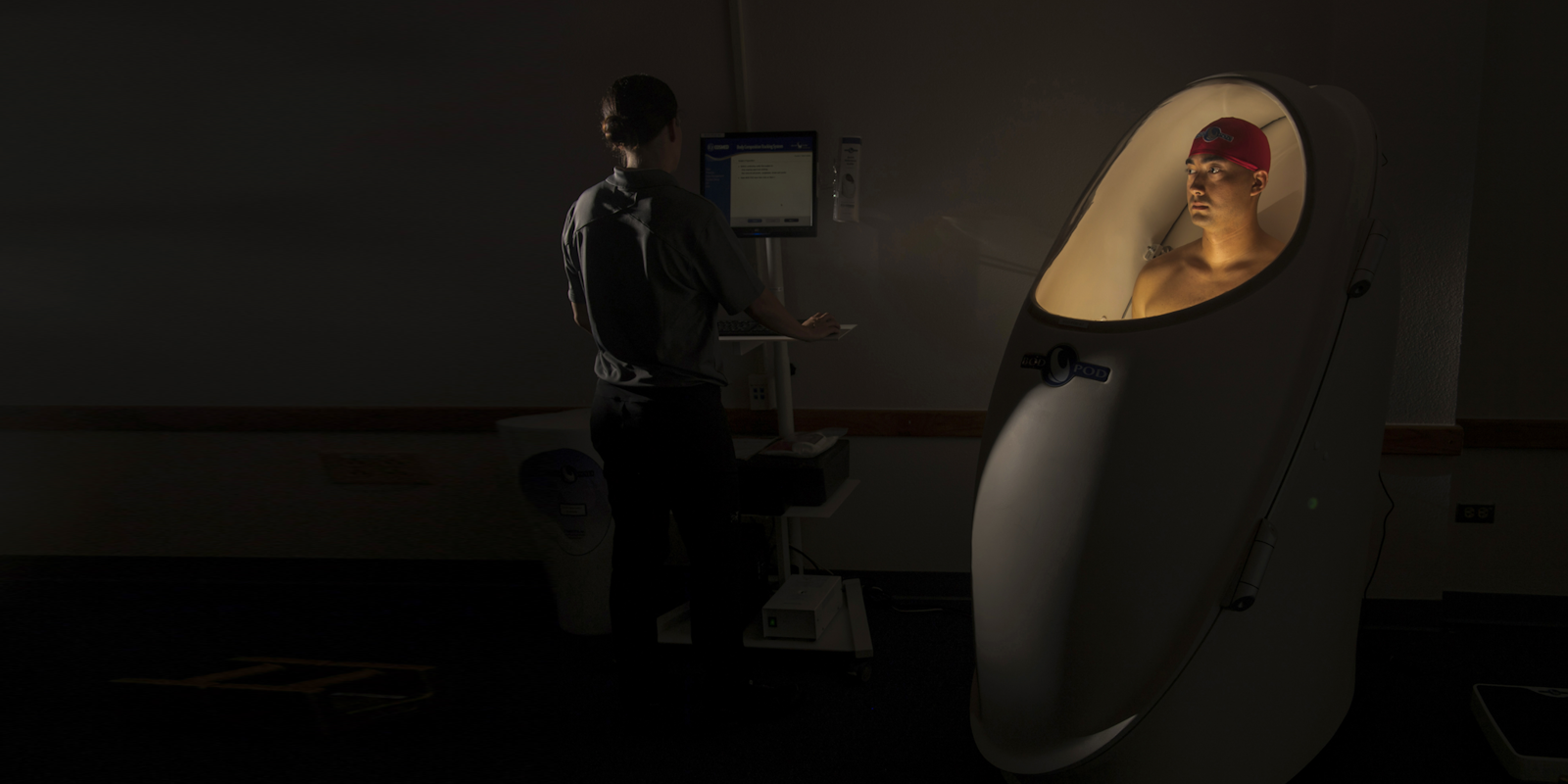
Combating Military Obesity: Stigma’s Persistent Impact on Operational Readiness
Sustained recurrence of obesity in the U.S. military poses a dire threat to operational readiness. Combating stigma is the first step.

Code War: How China’s AI Ambitions Threaten U.S. National Security
China’s aggressive pursuit of artificial intelligence harkens a future where bytes and algorithms challenge traditional battlefield superiority. If the U.S. government doesn’t set guardrails now, American firms pursuing lucrative Chinese markets may vanguard the Chinese Communist Party’s transition to fifth-generation warfare.

The Implications of Russia’s Decline in its “Near Abroad”
The war in Ukraine has weakened Russia’s ability to stabilize ethnic and political tensions in the Caucuses and Central Asia. Its failure puts U.S. strategic interests in the region at risk.

Combating Military Obesity: Stigma’s Persistent Impact on Operational Readiness
Sustained recurrence of obesity in the U.S. military poses a dire threat to operational readiness. Combating stigma is the first step.

Code War: How China’s AI Ambitions Threaten U.S. National Security
China’s aggressive pursuit of artificial intelligence harkens a future where bytes and algorithms challenge traditional battlefield superiority. If the U.S. government doesn’t set guardrails now, American firms pursuing lucrative Chinese markets may vanguard the Chinese Communist Party’s transition to fifth-generation warfare.

The Implications of Russia’s Decline in its “Near Abroad”
The war in Ukraine has weakened Russia’s ability to stabilize ethnic and political tensions in the Caucuses and Central Asia. Its failure puts U.S. strategic interests in the region at risk.





